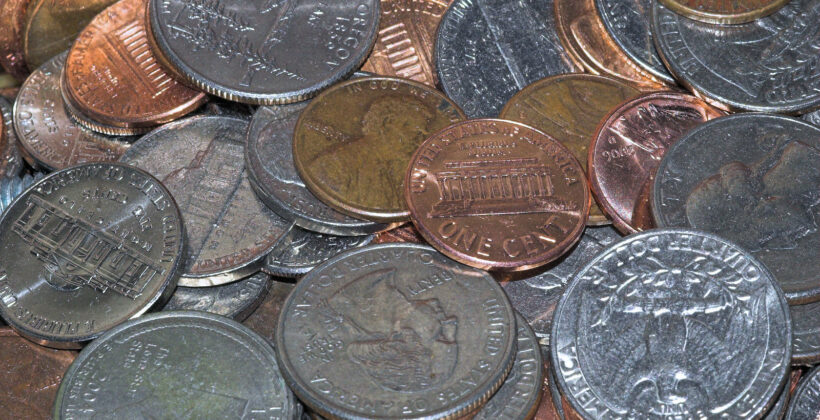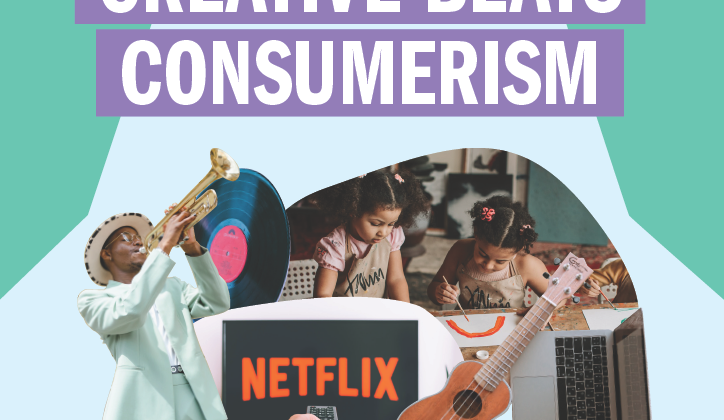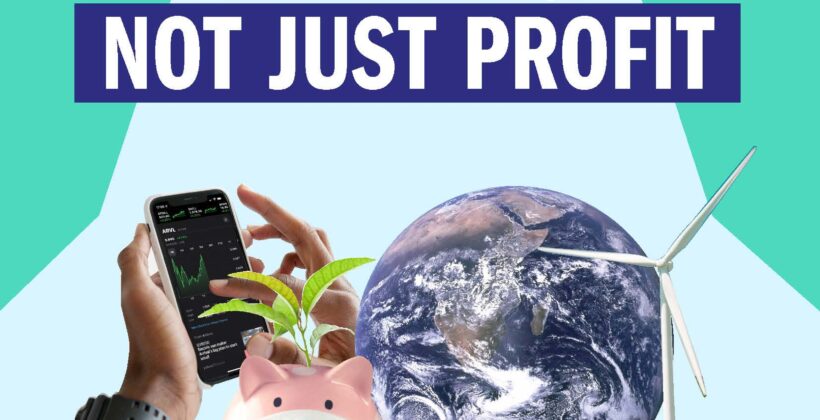
Story of change
Banking for good: trust, transition and the return of public banksEcological and economic crises are calling private banks into question, and proving a catalyst to a new wave of public banks. Plans to make rapid transition happen – often in the shape of...



